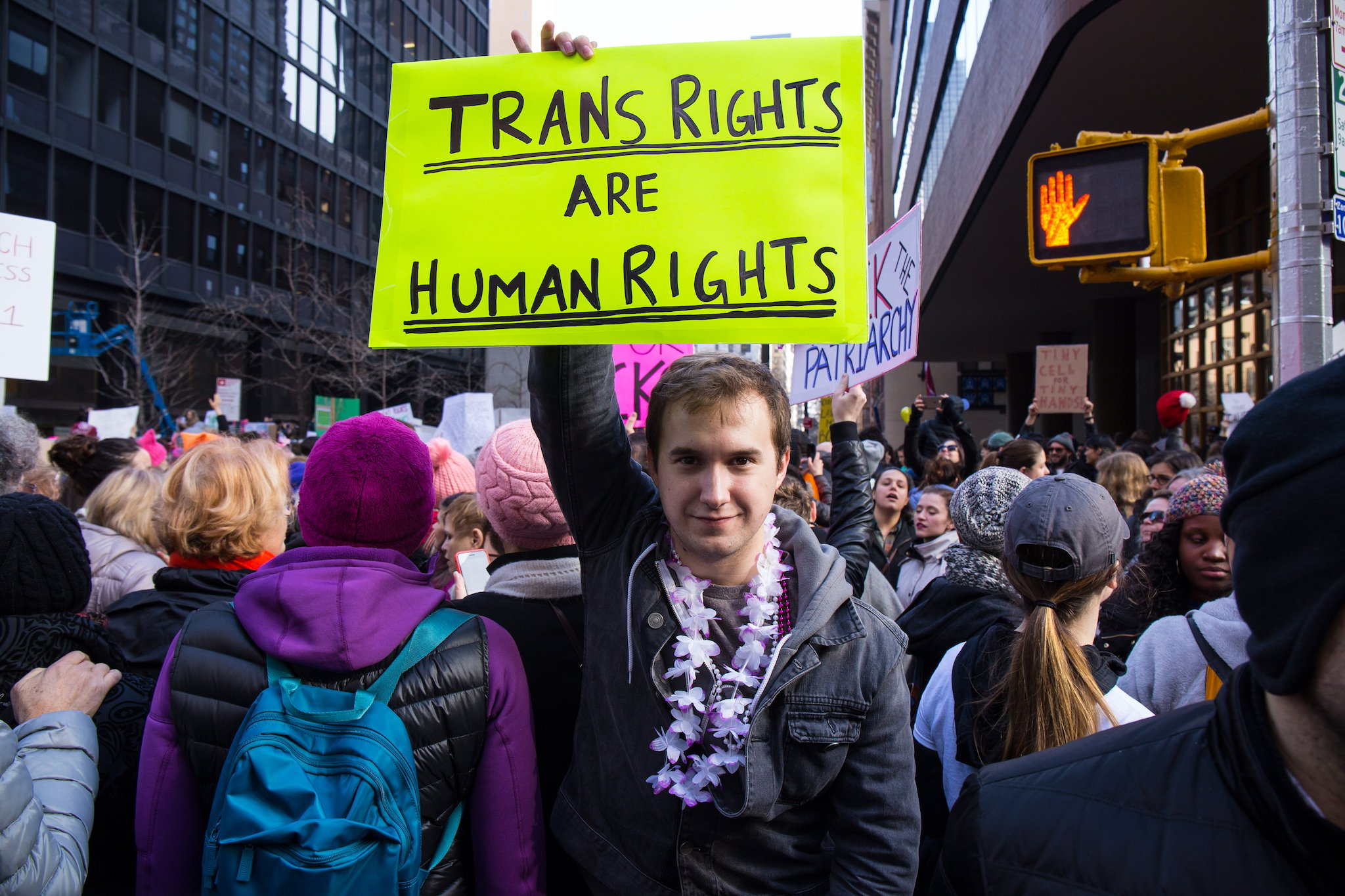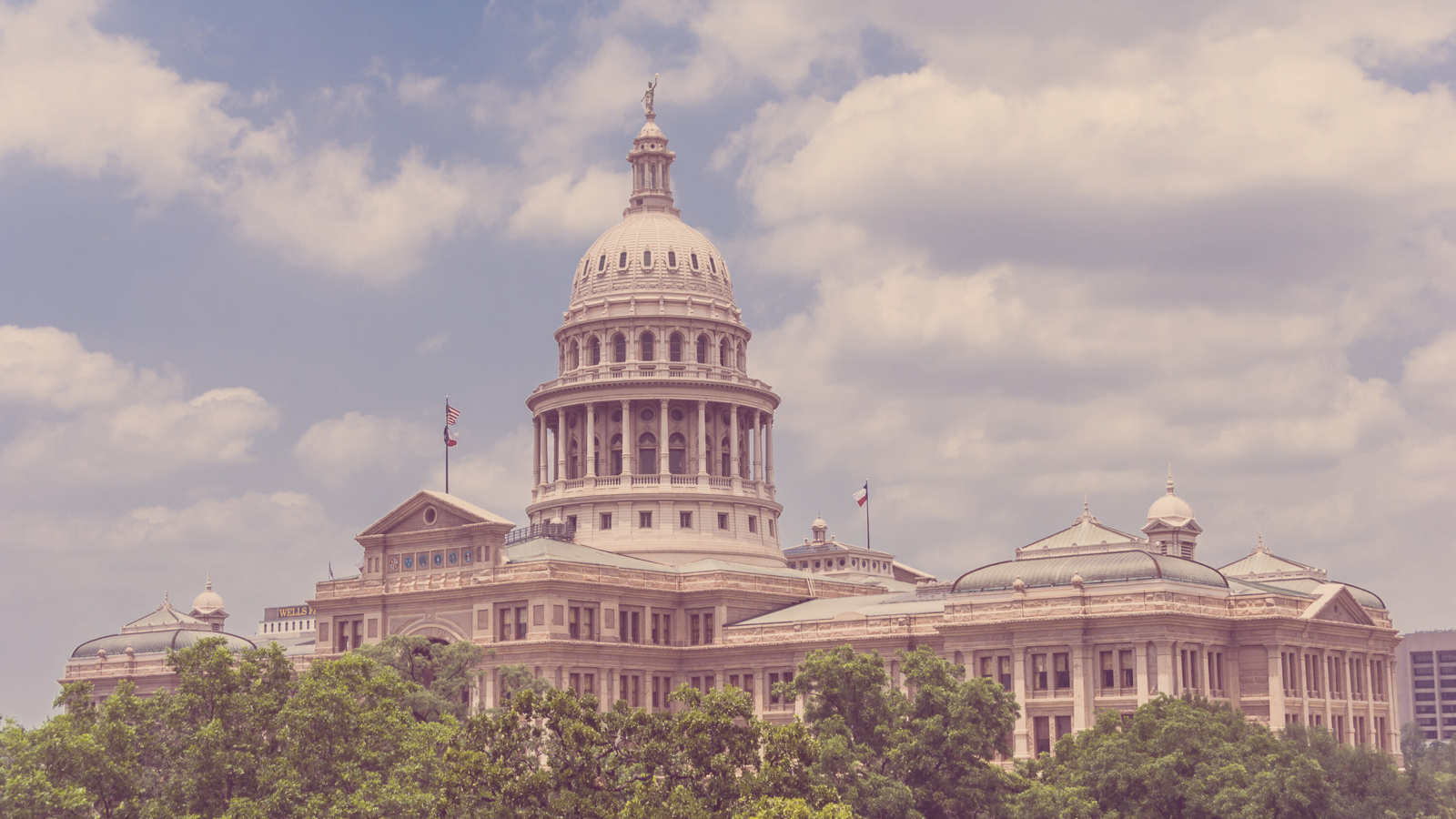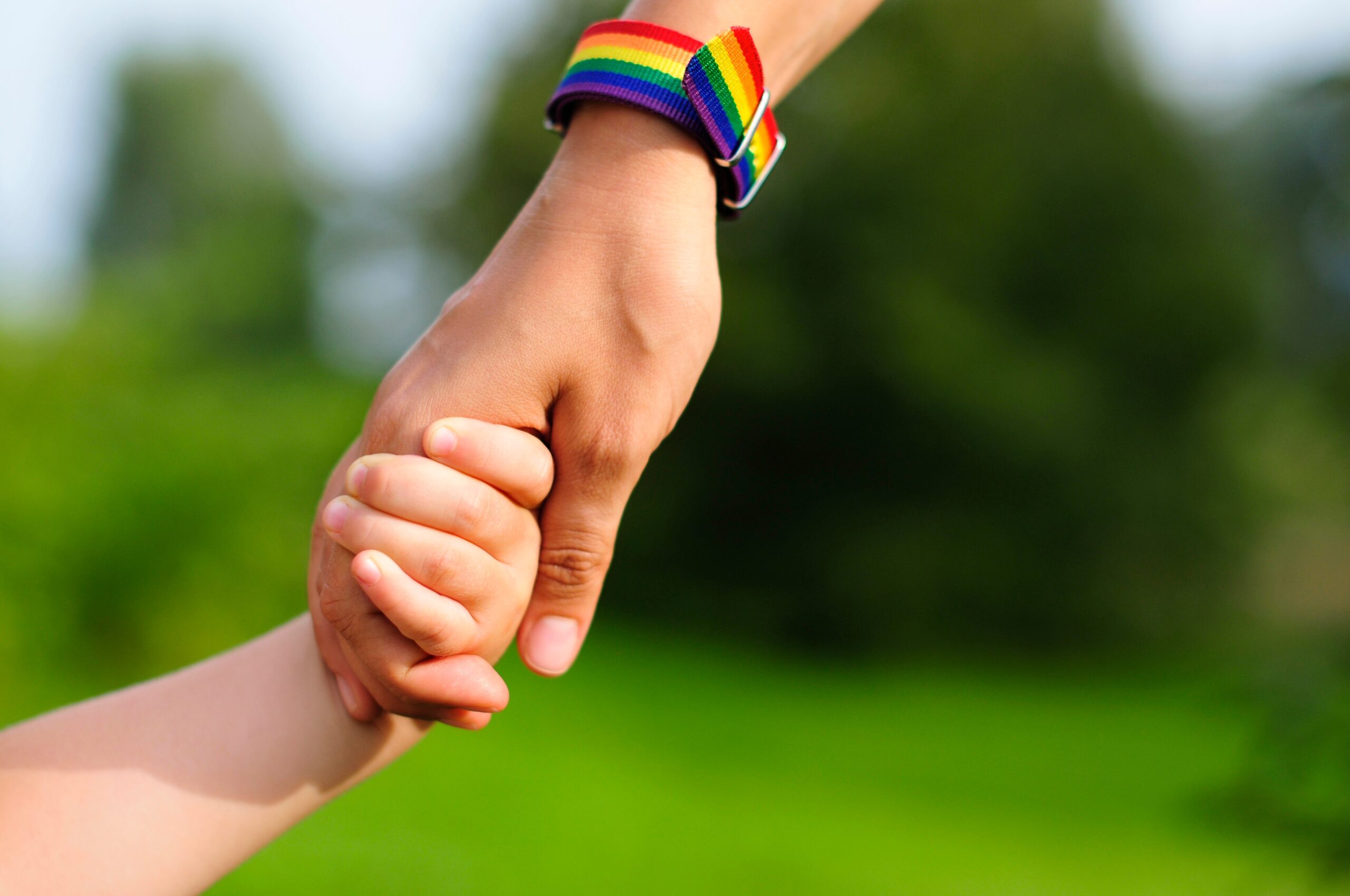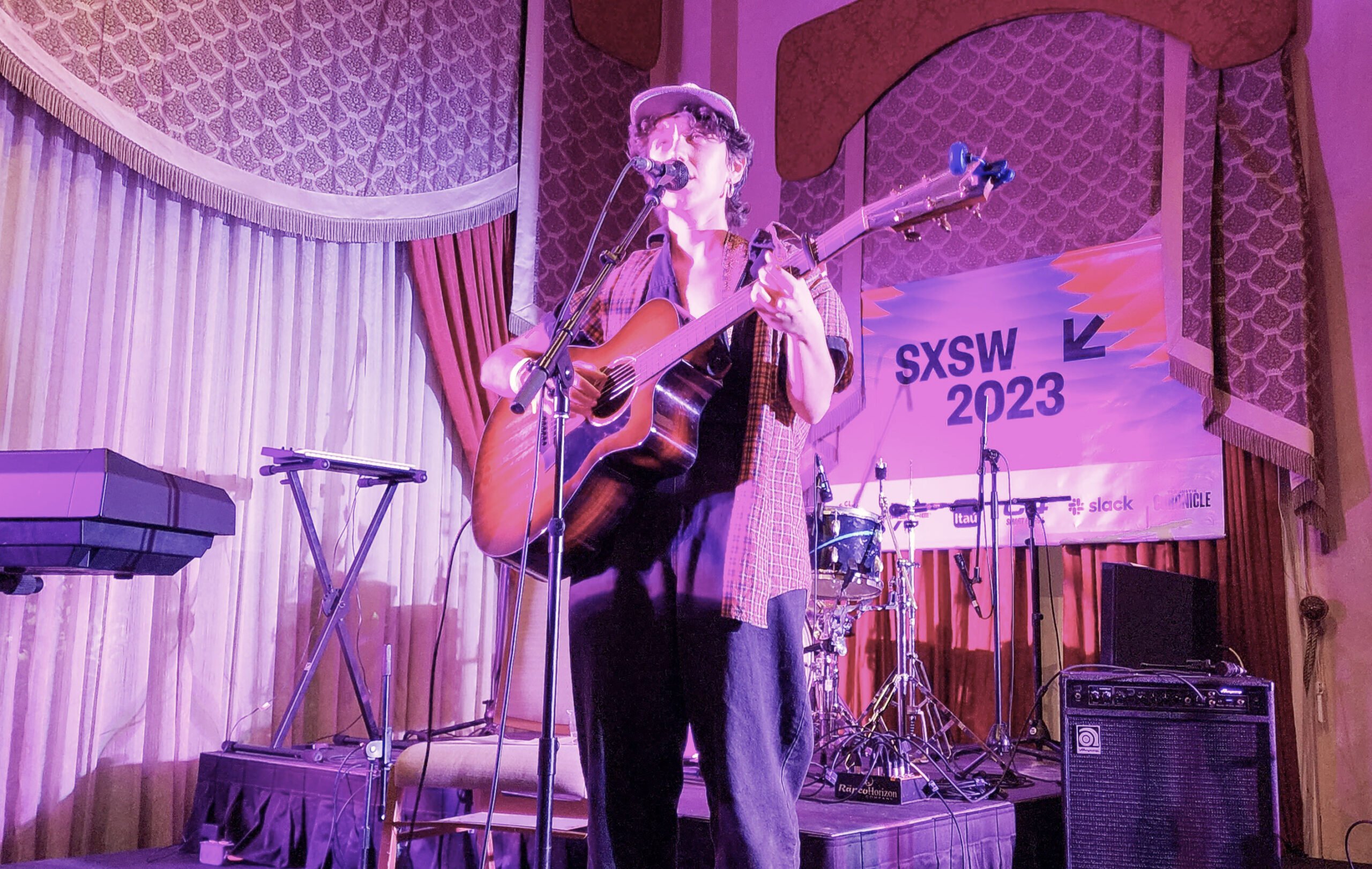
Olive Klug’s Melancholy Mood: A Visit with TikTok’s Nonbinary Folk Music Star
“They're trying to sell us and sell to us, but they're also trying to kill us.”
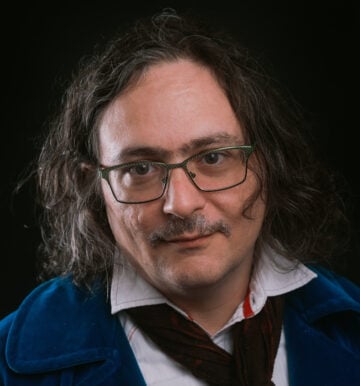
This is part of our coverage of South by South West (SXSW) 2023.
The rich draperies and fancy fixtures of the Victorian Room at Austin’s historic Driskill Hotel feel more suited to high tea than a folk music set from a rising young social media star, but that’s where we found Olive Klug playing on a Saturday night at the tail end of the South by Southwest (SXSW) festival earlier this month.
“I’m excited to play at such an ancient and haunted venue,” the singer/songwriter told their audience as they took the stage.
As the chairs in the small venue filled, some of the singer’s young fans chose the carpeted floor to be closer to the musician, crooning along with their favorite songs and recording Klug on their smartphones. It’s clear Klug has a following, as evidenced by their TikTok account which has 160,000 followers and counting. Currently based in Los Angeles, Klug, 25, grew up in Portland and has been playing guitar since they were 14. Despite wanting to follow the example of nonbinary musician Mal Blum (who they opened for during a recent tour), they told us they were “timid” about sharing original work until their TikTok account began to take off during the pandemic.
In the Victorian Room, Klug said they wanted to evoke a “melancholy mood,” and they sang wistfully about finding themselves, growing up, and coming out. “It’s just a moment we can smile at when we’re older,” they recalled of their time with their first college girlfriend in the song “Not Forever After.”
A few days earlier, the Texas Observer interviewed Olive Klug in the lobby of another hotel, just hours after their arrival on their first-ever visit to Texas. We spoke about the experience of being nonbinary, what it’s like to live under the current attacks on the rights of gender-nonconforming people, and the upcoming release of their first full-length album, which is due out this summer. Here’s an excerpt from that conversation:
TikTok launched your career, but these days I hear musicians have very mixed feelings about being on that network. How do you feel about TikTok in 2023?
At this point, I don’t love it. It feels like kind of a chore at this point and it feels very oversaturated and it feels inauthentic. And I think the whole reason that it got popular in the first place was because people were responding to the authenticity and just trying to create a community during the pandemic. It’s definitely changed and I miss those early days. I’m still thankful for the community that it’s brought me.
It’s a net positive for me but I don’t love the pressure to keep posting. I try to continue to foster an authentic relationship with my community and not think too hard about what people tell you, in terms of posting trends or about the length of my songs. I ask myself, “What do I feel like doing right now? What would bring me joy to share?”
I have a very complicated and very toxic relationship with that social media.
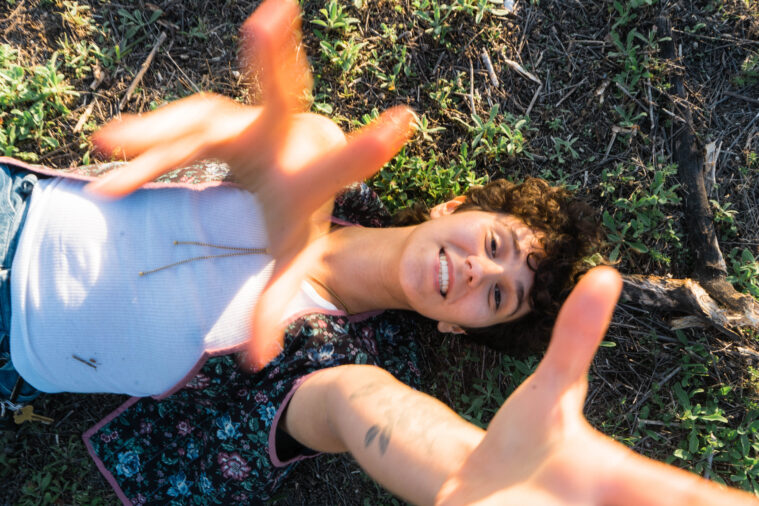
Do you feel being nonbinary affects your music?
My biggest influence has been Joni Mitchell, my whole life, and you can really see that in my songwriting. Sometimes I just listen to my own voice and I get a little bit dysphoric because I’m like, “This is the voice of a woman.” I also at the same time know that my high head falsettos are what make my music really strong. If I listen to myself singing in my higher register, I think, “This doesn’t feel like me,” and at the same time it does feel like me. There have been times when I thought about starting testosterone, but then I’ve worried about how it would affect my voice, now that it’s tied to my living.
I don’t think it affects my songwriting that much, though. I think whatever your gender, you’re just going to write from your feelings.
Human feelings.
Right. But I remember I was working with a producer on a song, and I said I wanted to sound like a male cowboy, an old cowboy from 1968. I want it to sound grittier; I want it to sound tougher. I remember a moment where my producer had to say, “I don’t think your voice can sound like that.” So right now I’m really working on detaching my learned associations with having a higher voice and the idea of femininity.
Do you feel like you adjust for your voice in other ways in your aesthetic, to evoke a kind of balance in your sense of style?
I actually discovered my gender identity when I started thinking about how to present myself. I wore really boring clothes for a while, but when I started performing I had to think about it. That’s when I realized that I didn’t want to be seen and perceived as a woman, so maybe I’m not one. Weirdly enough, thinking about how I’d be perceived is what led me to this journey of self-discovery, though I know it’s not all about how you’re perceived by others.
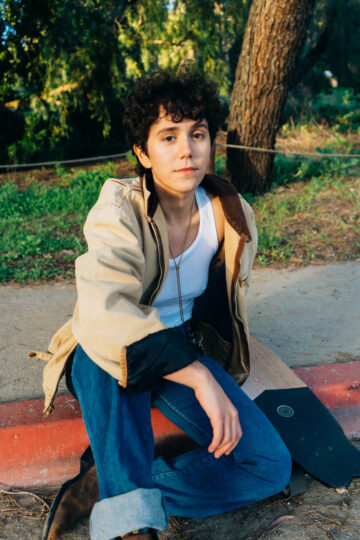
It’s part of it, I get it! It’s about who you are inside but that’s reflected in how others see us. Have you faced much discrimination in Los Angeles?
It’s good on the Eastside but it gets a little different as you go west or into the suburbs. And I’ve traveled a lot with my partner, who is also nonbinary. We are still perceived as lesbians or as—am I allowed to swear during this interview?
Sure.
We’re perceived as dykes. Especially when we’ve traveled in rural areas, there have been times when we’ve felt pretty uncomfortable, with a lot of eyes on us.
Here in Texas, the Legislature is debating so-called “drag bans,” which are so broadly defined that if you’re singing on stage in clothing that doesn’t match the gender you were assigned at birth, it could be considered a criminal, sexualized “drag performance.” How do you feel about what’s happening?
I feel so fucking angry. In L.A. and in Hollywood I have friends who are queer actors. They’re being almost tokenized and being highlighted in the media in such a really intense way. On the one hand, I think, wow, this is so cool. I never had this representation when I was a kid in high school, but then simultaneously hearing that the government is trying to roll back all of our rights, it’s just there’s a really intense cognitive dissonance. What is going on?! They’re trying to sell us and sell to us, but they’re also trying to kill us. What the fuck is that?
At the same time, I’m performing as a queer person, as a nonbinary person, singing this really vulnerable music to other queer kids, it feels so fulfilling. I remember crying at one of my shows because I realized how far we’ve all come. But then to know we’re going backwards in so many ways, it’s so fucked.
Does it feel good to know you’re a role model to a bunch of young queer kids?
It feels amazing. It feels so good I’m going to cry.
Do you get any hate online for who you are?
Funny enough, I got the most hate on a video I posted with my friend [queer country musician Odie Leigh] where we were covering a Willie Nelson song, “Cowboys are Frequently, Secretly Fond of Each Other.” They were basically saying “these lesbians” are singing about becoming cowboys, and they couldn’t believe we wrote the song. And we responded, you know what, a straight man [Ned Sublette] wrote the song in the 1980s.
Tell me about your upcoming album, Don’t You Dare Make Me Jaded.
I wrote a lot of the songs in 2021, when I was just starting to find hope and joy after being in a really dark place for a long time. I was entering a phase of my life where, for the first time ever, nobody was telling me what to do and I could make my own rules. The album is about deconstructing the expectations I had for myself and finding joy even though the world is really bleak.
This interview has been edited for length and clarity.

